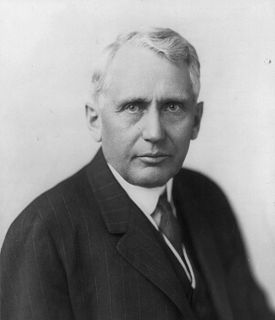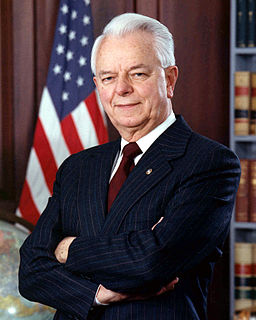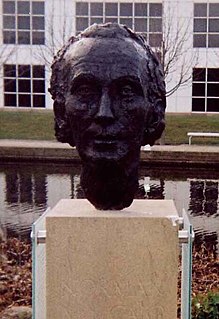A Quote by Frank B. Kellogg
There are but few naval powers, but there are many land powers.
Related Quotes
When great powers fade, as they inevitably must, it's normally for one of two reasons. Some powers exhaust themselves through overreach abroad, underinvestment at home, or a mixture of the two. This was the case for the Soviet Union. Other powers lose their privileged position with the emergence of new, stronger powers.
Spirituality brings a class of men who lay exclusive claim to the special powers of the world. The immediate effect of this is a reaction towards materialism, which opens the door to scores of exclusive claims, until the time comes when not only all the spiritual powers of the race, but all its material powers and privileges are centred in the hands of a very few; and these few, standing on the necks of the masses of the people, want to rule them. Then society has to help itself, and materialism comes to the rescue.
Many, if not most, of the difficulties we experience in dealing with government agencies arise from the agencies being part of a fragmented and open political system…The central feature of the American constitutional system—the separation of powers—exacerbates many of these problems. The governments of the US were not designed to be efficient or powerful, but to be tolerable and malleable. Those who designed these arrangements always assumed that the federal government would exercise few and limited powers.

































